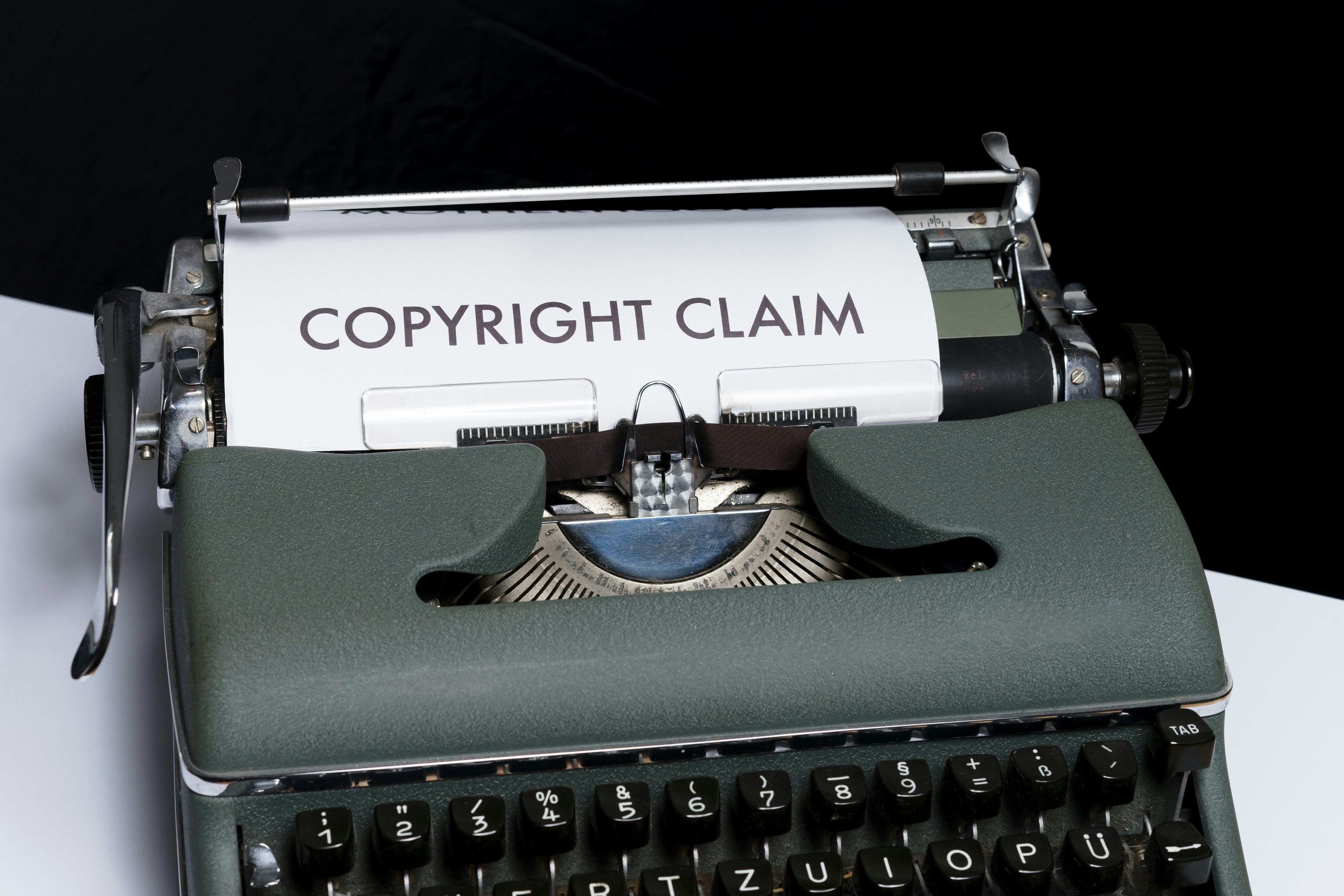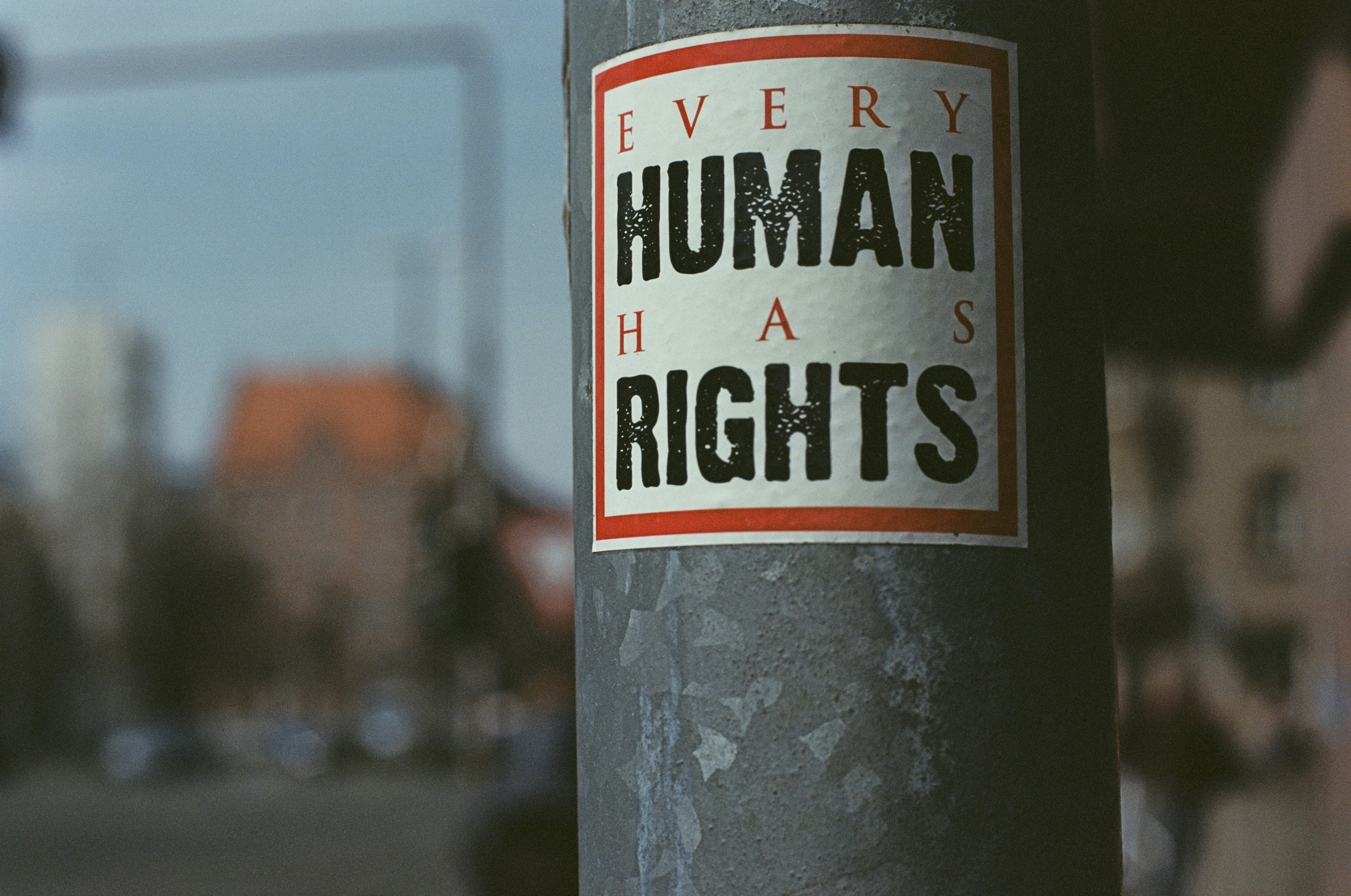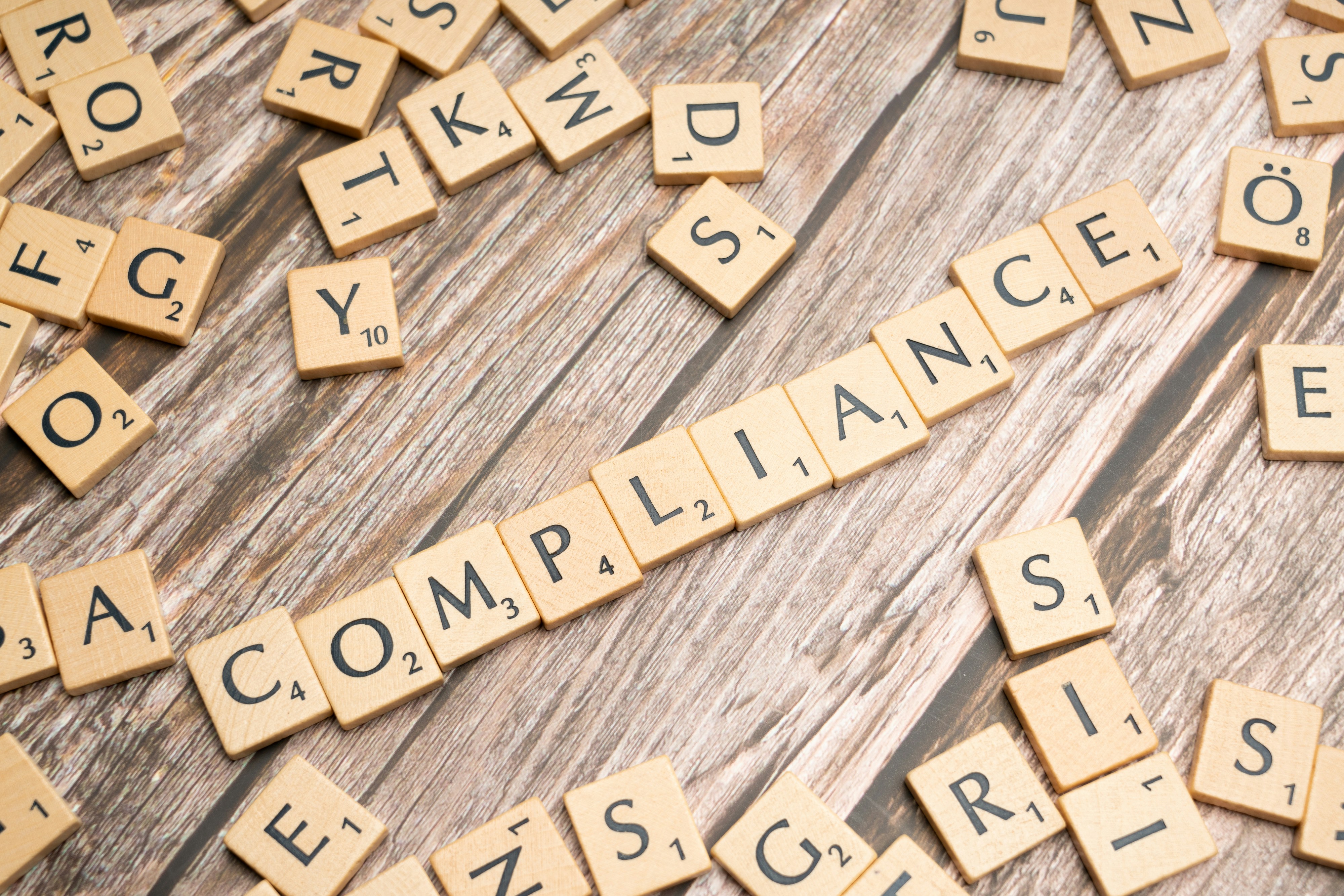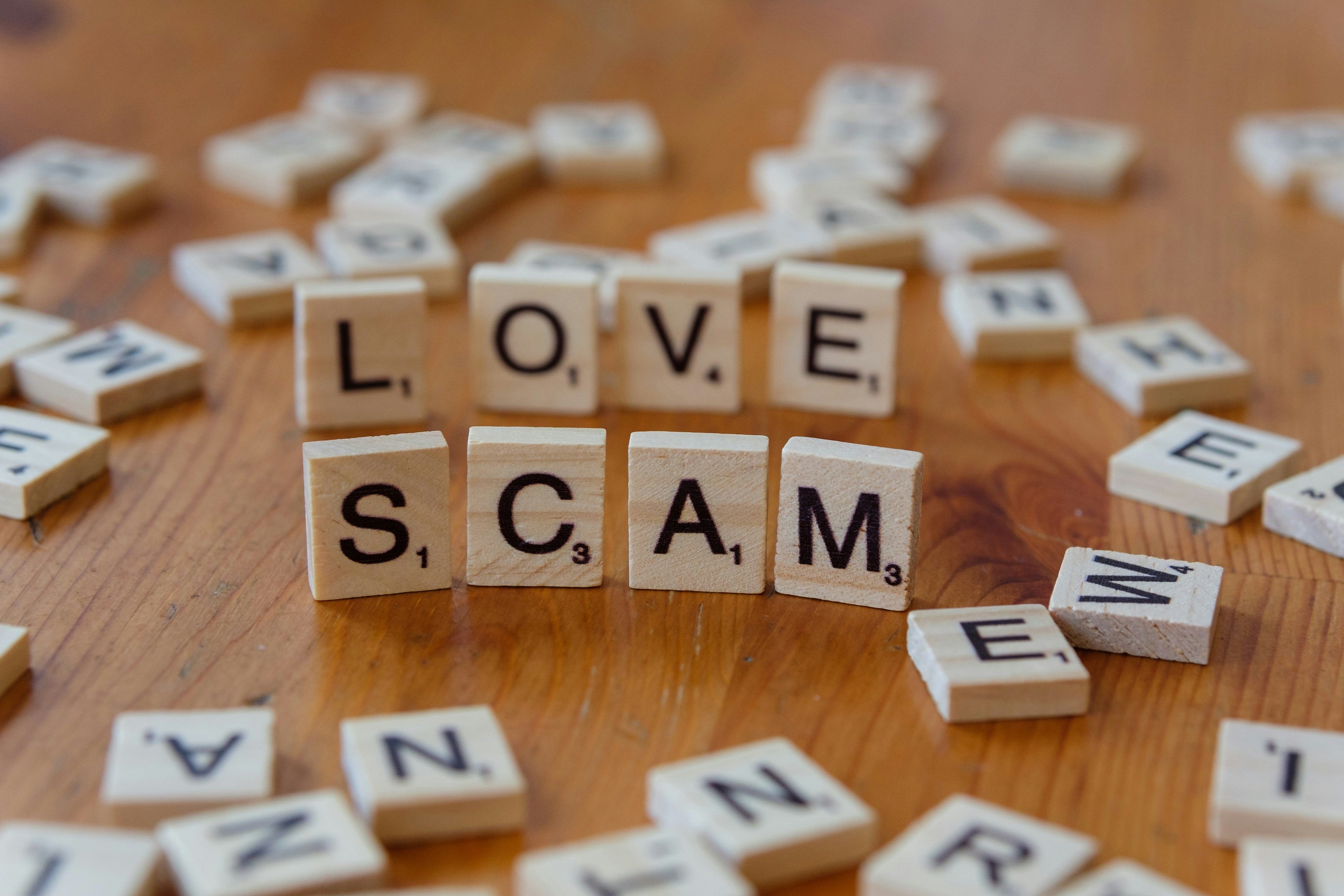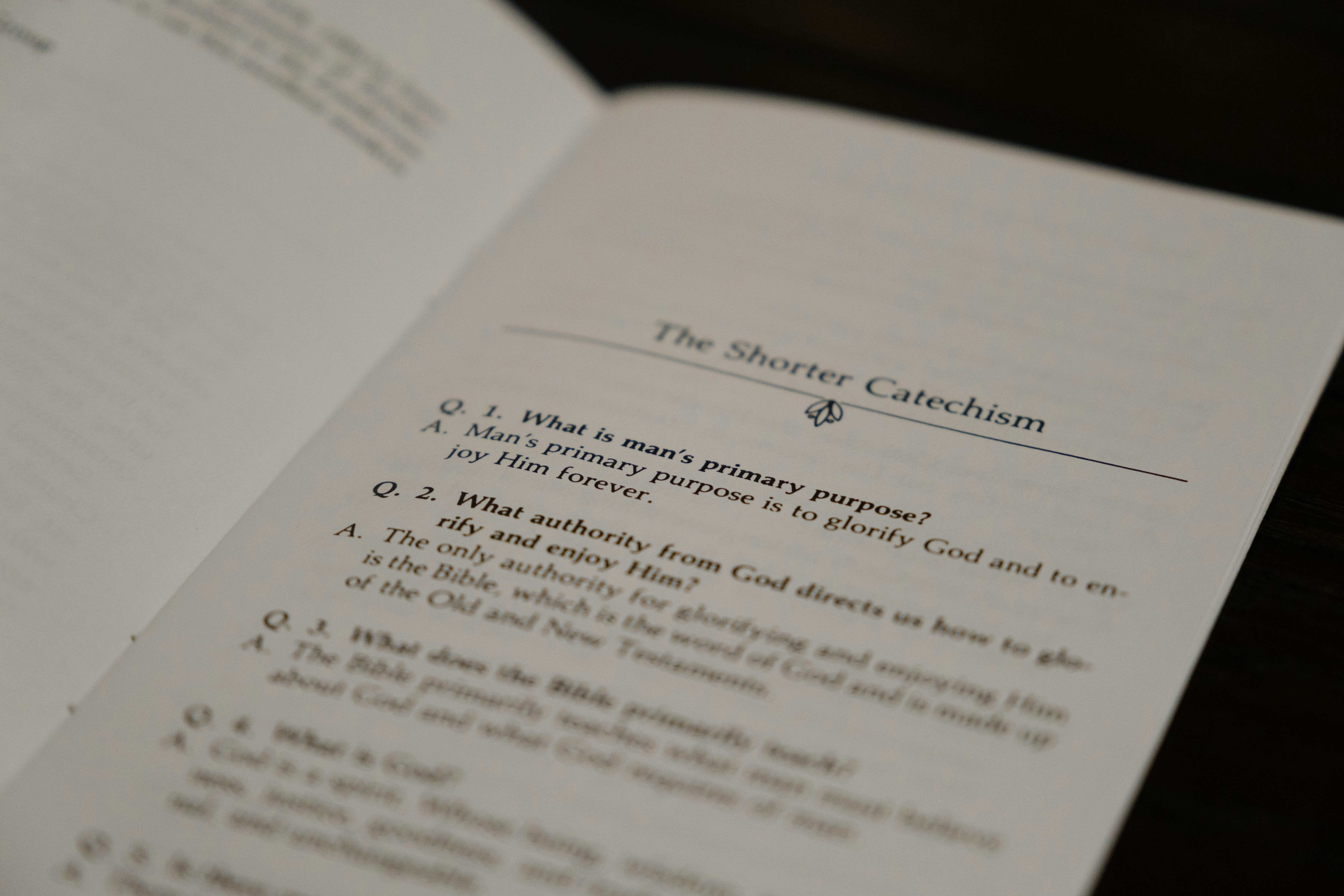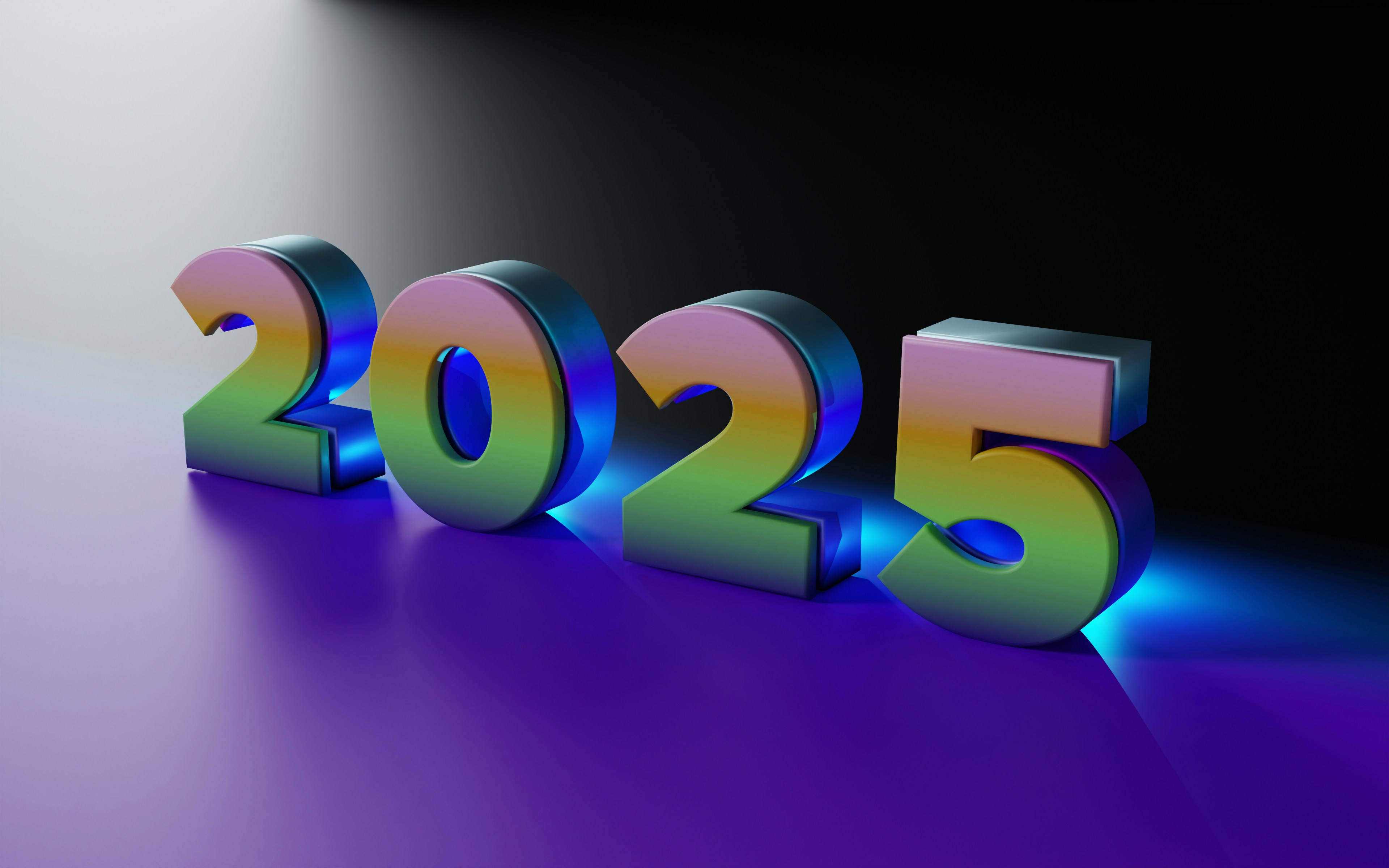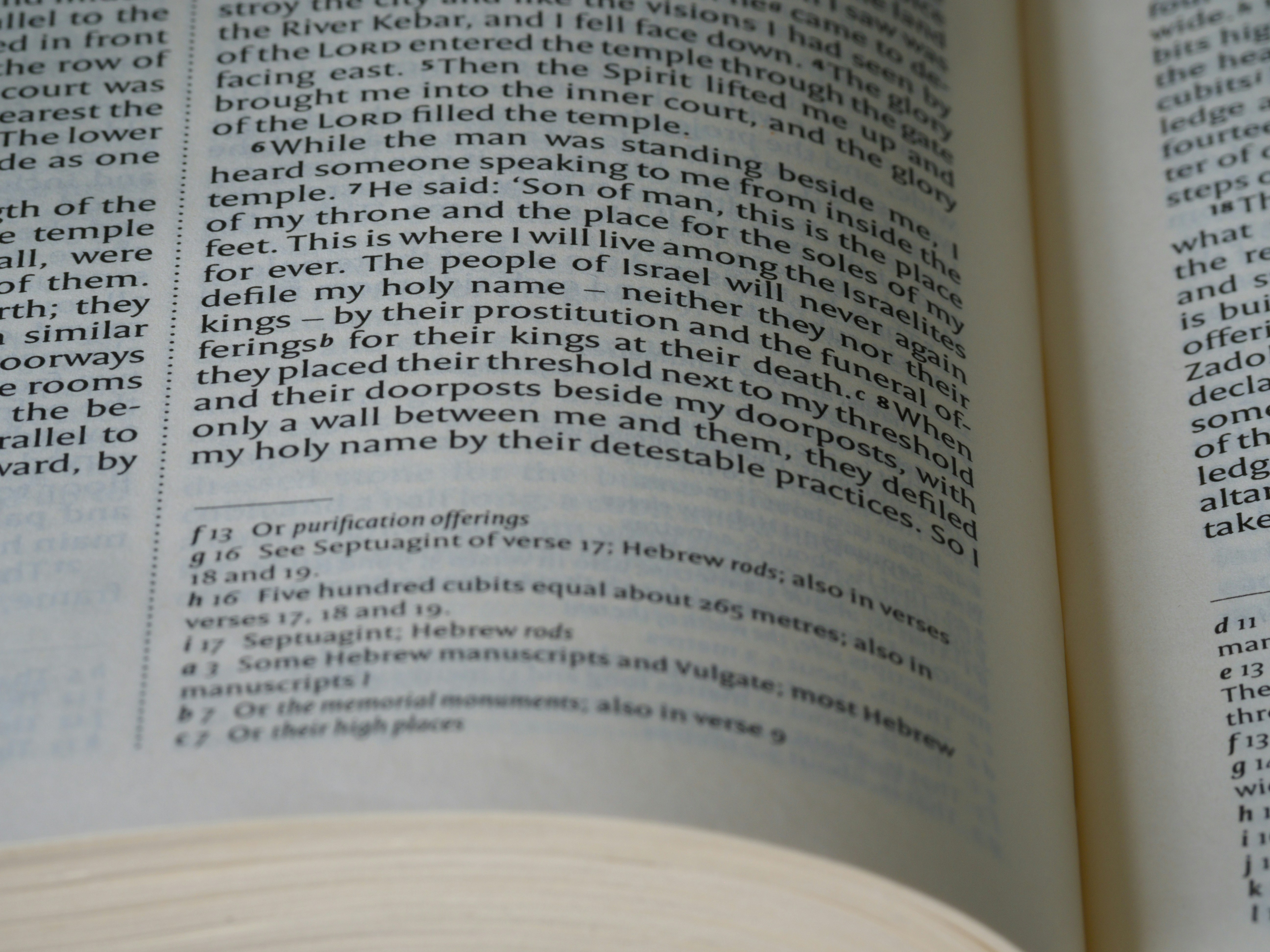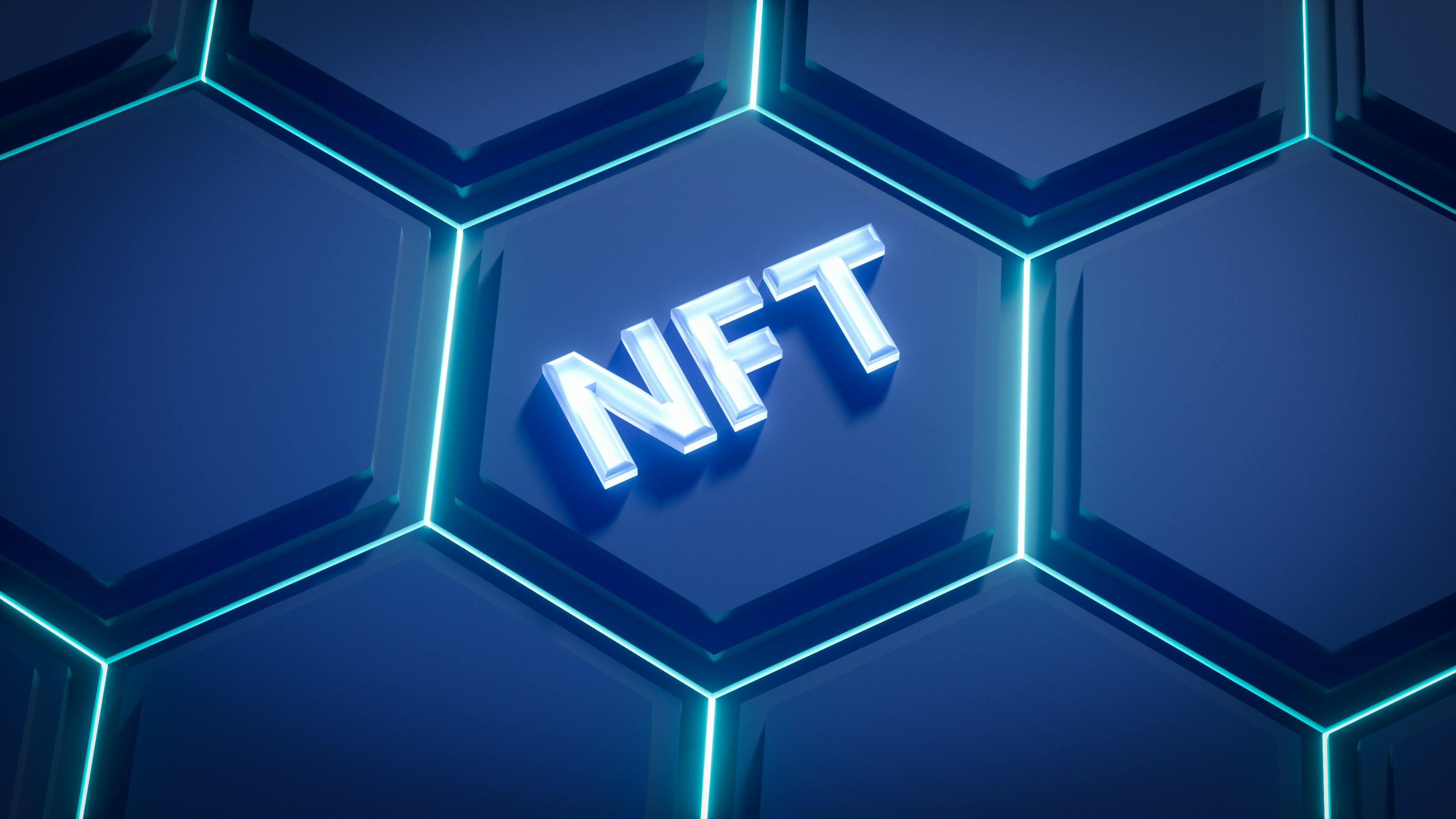The Legal Gray Area of Virtual Property: Navigating NFTs in 2025
In an increasingly digital world, the rise of virtual property ownership—especially through non-fungible tokens (NFTs)—has created a fascinating but often perplexing legal landscape. As we step into 2025, understanding your rights and responsibilities concerning NFTs and digital assets is more critical than ever. This article aims to not only demystify the legal gray areas surrounding virtual property ownership but also equip you with practical tips to navigate this complex terrain.
Understanding NFTs and Their Legal Framework
NFTs, or non-fungible tokens, are unique digital assets verified through blockchain technology, revolutionizing how we think about ownership. Unlike cryptocurrencies, which are interchangeable, NFTs represent unique items such as digital art, music, and virtual real estate. Because they are relatively new, their legal implications are still being explored and defined, leaving many uncertain about their ownership rights and responsibilities.
The Importance of Ownership Rights and Responsibilities
Navigating the world of NFTs requires a nuanced understanding of ownership rights. When you purchase an NFT, you are typically buying a digital certificate of ownership that denotes exclusive rights to that item. However, the terms of this ownership can vary widely based on the contract associated with the NFT. Some NFT marketplaces require creators to reserve certain rights, such as the ability to reproduce or profit from the asset.
It’s crucial to understand what rights you are acquiring when you invest in NFTs. Are you buying the ability to display the artwork in your digital gallery, or do you also receive reproduction rights to create merchandise? Understanding these details not only protects your investment but also helps in making informed decisions when purchasing or selling NFTs.
For further insights, check our related post on the legal implications of AI decisions.
The Impact of Copyright on NFTs
Copyright law plays a significant role in the realm of NFTs, as it determines who retains the rights to a piece of art or content after it is tokenized. Notably, purchasing an NFT does not automatically grant you copyright ownership. This distinction is critical, as copyright grants the holder the authority to reproduce, distribute, and display the work.
Exclusive vs. Non-Exclusive Rights
When engaging in NFT transactions, it’s essential to differentiate between exclusive and non-exclusive rights. Exclusive rights ensure that only the holder can use the asset in specified ways, while non-exclusive rights allow multiple parties to hold similar rights. Depending on the creator's stipulations, buyers could find themselves limited in what they can do with their purchased NFT.
Understanding these differences can prevent legal entanglements down the line. If you plan to create derivatives or use an NFT for commercial purposes, ensure that the rights granted to you by the seller are explicit and comprehensive.
Responsibility for Compliance and Due Diligence
As an NFT owner, you also have a duty of due diligence. This includes ensuring that the NFT you are purchasing does not infringe on someone else’s copyright or intellectual property rights. Due diligence might involve verifying the creator’s identity and confirming that the original artwork or content is authentic and untethered from disputes.
Taking a proactive approach can save you from potential lawsuits and ensure that your investment is legitimate. Resources are available to help you understand the fundamentals of copyright law; for instance, the U.S. Copyright Office provides extensive information regarding rights and responsibilities you should familiarize yourself with.
How to Avoid NFT Scams
With the rise of NFTs, scams and fraudulent activities have also proliferated. As a new collector or investor, educate yourself on common types of scams, such as phishing attempts or counterfeit NFTs. Before making a purchase, take steps to confirm the authenticity of the NFT and the credibility of the marketplace.
Investing in NFTs should involve more than an impulse buy based on trends. Make use of reputable cryptocurrencies and marketplaces that provide assurances of quality and transparency. Familiarizing yourself with projects and their roadmaps can provide a clearer picture of legitimacy.
Legal Disputes in the NFT Space
As with any venture involving property, the potential for legal disputes looms large in the NFT environment. Disputes can arise from a multitude of scenarios, including ownership claims, copyright infringement, and misleading claims about the asset’s value.
Steps to Take in the Event of a Dispute
If you find yourself embroiled in a legal dispute concerning NFTs, it's vital to maintain all relevant documentation, including purchase agreements, terms of service, and correspondence with sellers. Documentation serves as invaluable evidence in determination of your rights.
Consulting with a legal professional well-versed in digital asset law can provide guidance tailored to your specific situation. This legal counsel can help clarify your rights and potential avenues for resolution. A proactive approach can mitigate damages and lead to a satisfactory outcome.
For more insights on common pitfalls related to digital ownership, check out our blog on understanding the risks and rights of virtual influencers.
The Future of NFTs: Trends to Watch in 2025
Looking ahead, several key trends are poised to shape the future of NFTs and their legal implications in 2025. One notable trend is the growing integration of smart contracts, which automate enforcement of agreements tied to NFTs, streamlining compliance.
Smart Contracts and Their Legal Applicability
Smart contracts, built on blockchain technology, can reduce ambiguity regarding ownership rights and responsibilities. They enable automatic enforcement of the terms established by the creator, ensuring that royalty payments are executed upon secondary sales, thereby protecting both creators and buyers.
However, the legal status of smart contracts still requires clarification in many jurisdictions. Familiarize yourself with the legislation surrounding smart contracts in your region to ensure compliance and understand your rights.
Educating Yourself on NFTs and Intellectual Property Rights
As we continue into this digital era, educating yourself about NFTs and intellectual property is paramount. Numerous online resources, courses, and forums are dedicated to NFT education, providing insights and community support as you navigate this complex field.
My Personal Journey with NFTs
Speaking from experience, when I first delved into the NFT realm, I found it overwhelming. The terminologies, legal considerations, and fears of inadvertently infringing on rights were daunting. However, attending webinars and engaging in discussions on platforms like Discord and Twitter Spaces helped shed light on many of these complexities. It's a community that thrives on collaboration and knowledge sharing, and it was instrumental in my learning journey.
Digging deeper into resources allowed me to foster connections with artists and legal experts alike, enhancing my understanding of not just the technical aspects of NFTs, but also the profound implications they hold for ownership and rights.
The Role of Regulation in the NFT Market
As the NFT market matures, regulatory bodies are increasingly focusing efforts on establishing clear legal frameworks. Whether concerning taxation policies, anti-money laundering measures, or consumer protections, the potential regulatory landscape is extensive and requires constant monitoring.
How Regulations Will Affect NFT Transactions
New regulations could bring about a more stable and trustworthy environment for NFT trading, minimizing fraud and enhancing buyer confidence. On the flip side, stringent regulatory requirements may also pose challenges for creators and investors looking for flexibility in their digital endeavors.
As regulations continuously evolve, staying informed and adaptable is key. Engaging with thought leaders in the NFT community can offer perspectives on how regulatory shifts might affect the landscape.
Next Steps: Your NFT Journey Awaits
As you chart your course through the ever-changing world of NFTs, building an understanding of the legal implications related to virtual property ownership is as crucial as the creative aspects of this exciting realm. Follow the latest trends, educate yourself continuously, and engage with legal experts when necessary to solidify your foundation in this innovative space.
Embrace this digital frontier with open eyes and proactive measures, ensuring that your investment in virtual assets is rewarding and legally sound. And as you explore the possibilities of NFT ownership, remember: an informed investor is an empowered one.
Let your journey into the world of NFTs be immensely rewarding, both personally and financially, as you navigate this legal gray area in 2025.


